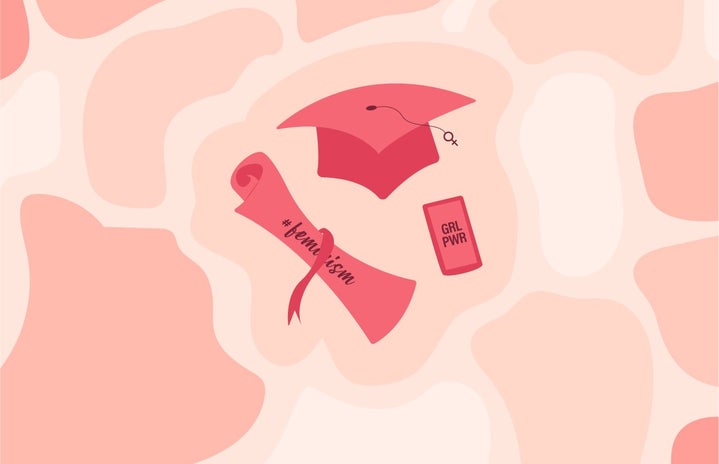As I enter my last year at university, I’ve started actualizing my post-grad plans. Navigating the uncertainty of what comes next can feel overwhelming, but through careful planning and reflection, I’ve developed a clear guide to help streamline the decision process.
Even if you’re like me and have a rough idea of your next steps, life is about to change in a big way. Whether you’re thinking about grad school or jumping into a new job, graduating from university is a mix of excitement and a little bit of chaos.
As you start figuring out your future plans, it is normal to feel emotional. Honestly, you might feel sad about leaving behind the routine and comfort of the past few years. Maybe you’re unsure about what life will look like without your close friends, student housing, or a study schedule. These feelings are totally normal as this big chapter of your life comes to a close, so don’t shy away from acknowledging them.
Taking a Gap Year
Taking a gap year can be incredibly rewarding as it can give you some much-needed time to recharge and reflect before diving into the next phase of life; whether that’s a career or further education. After years of non-stop working, a break might be just what you need to avoid burnout and approach your future with fresh energy.
If you really feel like you’re not sure about what you want in your future this is a great opportunity to explore your personal interests or passions. You could travel, volunteer, learn new skills, or even work in a different field. This kind of experience can broaden your perspective, boost your confidence, and give you a better sense of what you really want out of life.
A concern that most have about taking a gap year is that you might lose connections and resources from your university. However, taking time off allows you to gain life experiences that make you well-rounded, both personally and professionally. Employers often appreciate candidates who have taken the time to develop themselves outside of the classroom. A gap year can make you more adaptable and independent.
Pursuing a Post-Gradute Degree
Throughout my undergrad degree, I’ve often felt uncertain about my post-graduation plans. I had a wide range of interests but was clear on what I didn’t want, which ultimately helped me narrow down my choices.
Before exploring graduate programs, it’s important to clarify your career interests. Unlike undergrad, graduate programs often focus on research or a specific niche. Make sure the programs you consider offer courses or experiences that align with your values and goals for the future. Personally, I found talking to research supervisors, my family and even some post-grad students, very helpful. Overall, my favourite resource was Reddit, which brought a range of opinions and a plethora of advice. Some important questions to ask yourself throughout this process—will this be fulfilling? Does this align with what I want in the future? What kind of lifestyle do I want?
Another consideration is location—can you see yourself living far from home for a couple of years? If not, you might want to focus on schools within a comfortable range.
Financial aid is another big factor. Some programs don’t offer much, while others have research grants or merit-based scholarships. I recommend what’s available in your field and whether you qualify, but remember that there are always opportunities, even after you start your program.
Studying Abroad
If you’re like me, an adventure is always on the horizon. Maybe you’re excited about the idea of moving far from home, out of province, or even to another country! I didn’t have the chance to do an exchange during my undergrad, which makes the prospect of studying abroad for my post-grad even more exciting. Pursuing a master’s abroad offers numerous benefits, both academically and personally. It provides access to diverse perspectives, advanced research opportunities and fosters international networking, opening doors to global career opportunities and collaborations.
Even if you’re up for adventure, you likely have some preferences for what that means. Is it a warm, sunny spot? A busy city? Or maybe somewhere near snowy mountains? Whatever your ideal environment is, you probably have a sense of where you’d like to spend the next couple of years. I was always under the impression that studying abroad was an expensive endeavour, however, there are many affordable opportunities and scholarships that make this experience possible!
When I first started university, I felt completely lost. But over the years, I’ve grown to understand myself better, and learned about what I want and what I don’t. If you’re feeling anxious or uncertain about life after graduation, trust that things will fall into place. Have confidence in yourself and your decisions, and you will find yourself on the right track!





